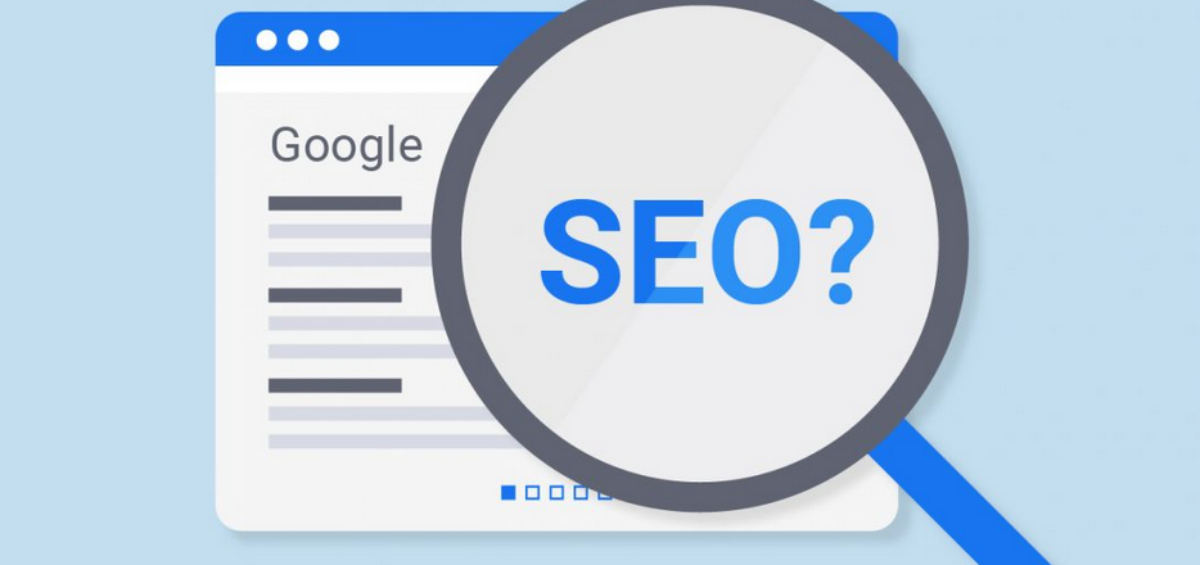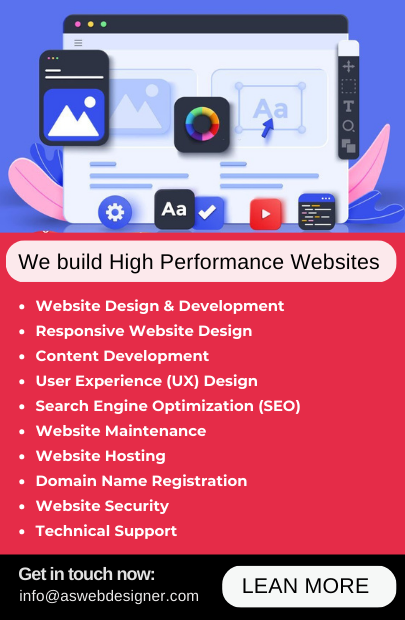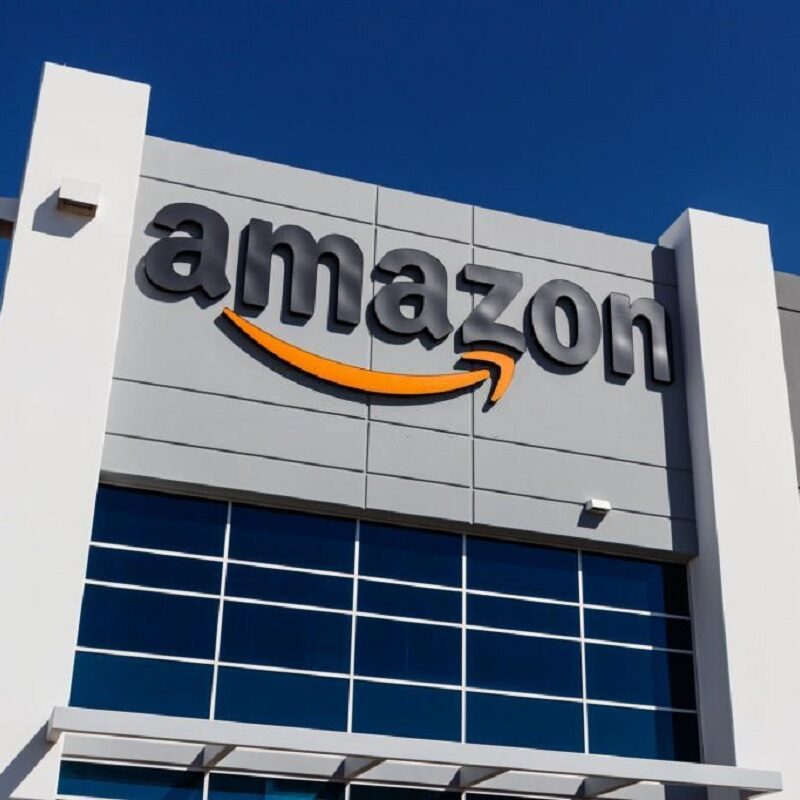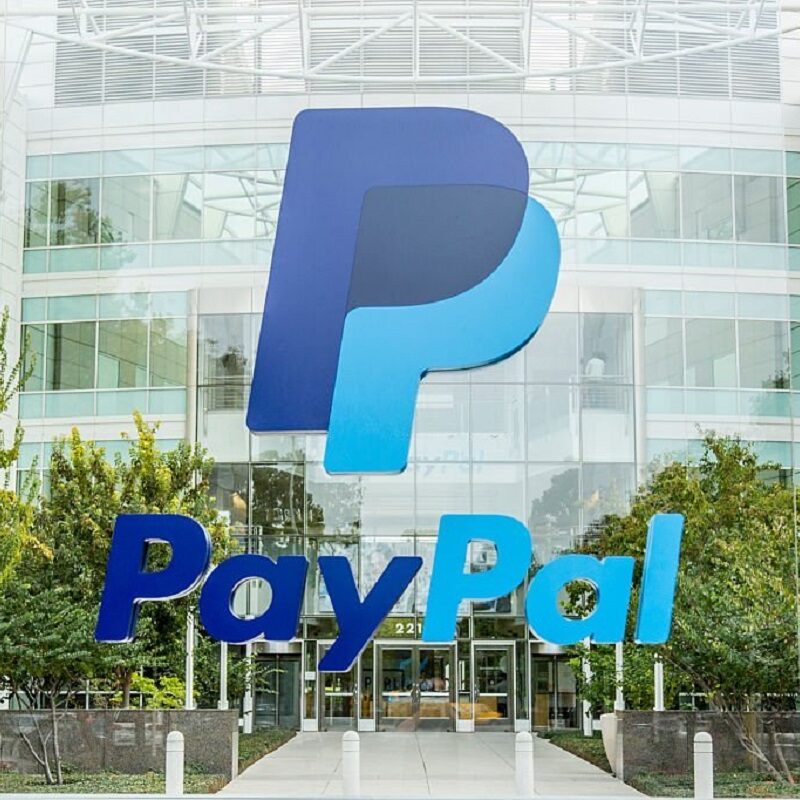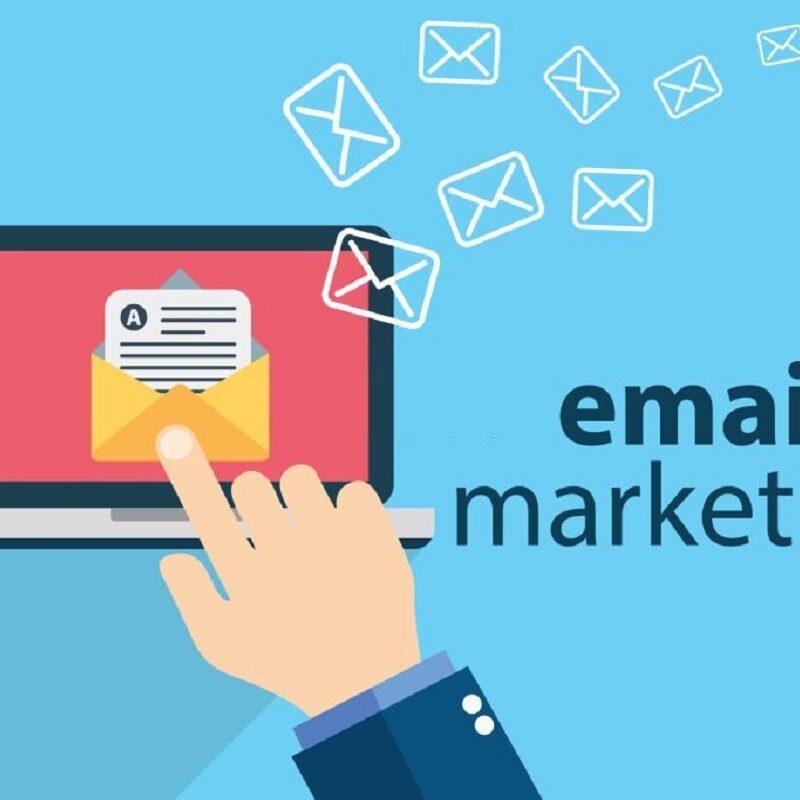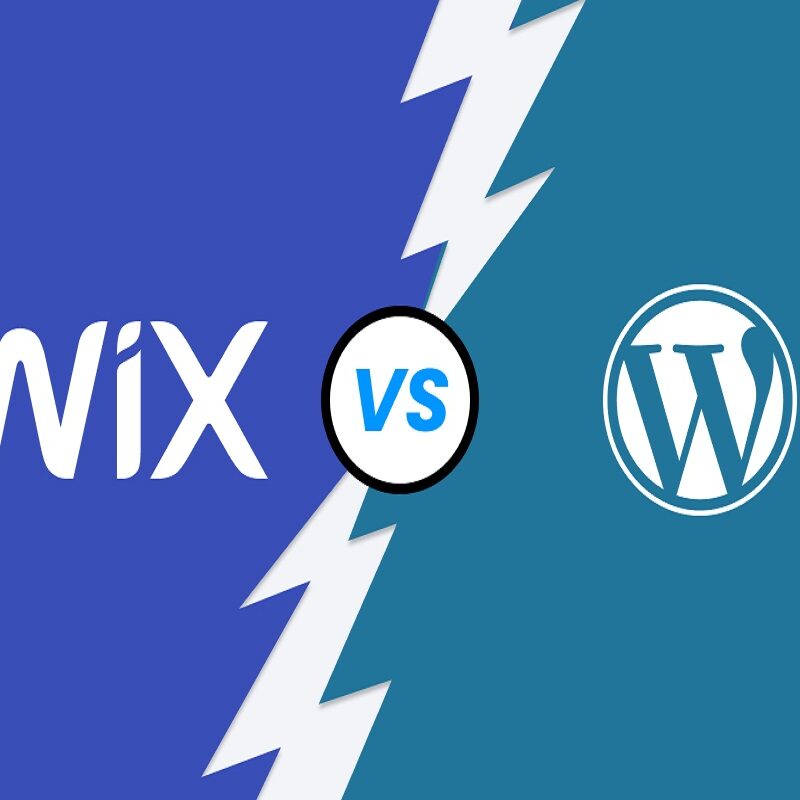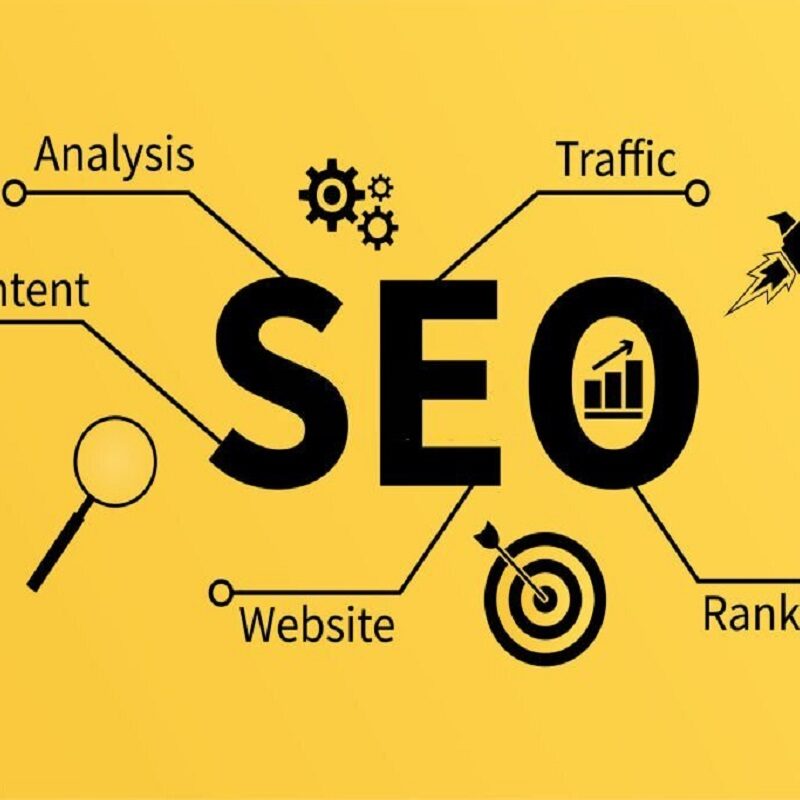Hello! My name is Steven Grrat. I’m the CEO of AS Web Designer. Today I’ll be talking about SEO or search engine optimization for eCommerce store owners inside this What is SEO: Ecommerce SEO for Beginners.
If you’re running your own online store these days, you can’t just rely on a unique design or a cool-looking store to get your products in front of people. You have to be thinking about optimizing your content for SEO because organic traffic is going to be a very valuable tool for you.
So let’s get started.
What is SEO: Ecommerce SEO for Beginners
“SEO stands for “search engine optimization.” It makes your site Google-friendly, so to speak. Whenever Google or other search engine crawlers enter your website, they can easily recognize the content on your site and link it to valuable keywords, which other users then use when searching for stuff on Google. By identifying that your page is related to the search queries, Google then knows to serve your page whenever these search queries are used.
The reason why SEO is so important today, especially for e-commerce, is that it’s one of the most cost-effective marketing channels out there. Unlike paid traffic, if you turn off the plug for resources, SEO won’t stop. Organic traffic will still keep coming.
Different Types of SEO
SEO can actually be divided into two large groups. One of them is on-page SEO, which is the stuff you do on your website. The other part is off-page SEO, which includes activities you do outside of your own website.
What are examples of on-site SEO and off-site SEO? What are the main principles of each one?
On-site SEO can be subdivided into two slightly different types.
One type is primarily related to all the technical stuff that you can do on your website. The other part of on-page SEO is content optimization, which has more to do with the specific keywords that you optimize for. Everything begins with keyword research. Nowadays, it has a lot to do with search intent. It’s not only about ranking for keywords, but it’s also about the content you serve on your website that should match the searcher’s intent.
For example, if I’m looking for information, it’s probably going to be more of a blog type or informational pages that are going to rank well. Whereas, if I’m looking for where to buy a specific product, it’s probably going to be a product page. This is one of the things that need to be considered when thinking about content optimization. We’re now moving on to the most commonly associated thing with off-page SEO, which is link building.
It’s essentially getting other websites to link to your website. The truly valuable backlinks that point to your website come from industry-related sites with high authority.
All of the content that the other websites have helps Google figure out what your page is also about. If you have a blog post about pug puppies and then link to a site where you can buy a T-shirt to support your blog, you have all this content talking about pug puppies with the link pointing to you. All of that helps Google figure out that there is something definitely related to pug puppies on your site.
Ecommerce SEO for Beginners, Why Is So Important for your Store
SEO is a very broad topic. From the description alone, it sounds like there’s a lot you can focus on to get your SEO strategy right. So let’s talk about what a total e-commerce beginner should focus on when opening their eCommerce store. What are some very basic, actionable SEO things that you can do right away? One of the most important things to do at the very beginning is keyword research. This way, you’ll know which keywords you should be focusing on.
There might be a big difference between very similar terms, and even though some of them are more commonly used in your region, they might not be the ones that users use the most when searching on Google. Make sure that your page titles and meta descriptions are optimized for the keywords that you want to rank for. Make sure that every product page has a unique main heading (it’s called an “H1 heading”). Make sure that the URL for every page and category is strategically chosen and based on a keyword.
Beyond that, you should also have some unique content talking about that specific keyword.
Mistakes to avoid in SEO
We’ve gone over what you should be doing for your online store to build your SEO strategy, so here are some mistakes or things that you should avoid that are going to hinder your SEO strategy and progress.
One of the biggest mistakes that you can make is to neglect all the data that you could be gathering by setting up some of the free tools offered by Google. Google Analytics helps you monitor your website’s performance and all the traffic that is going to it.
With Google Search Console, you can link to Google Analytics and access all the data about organic traffic. You can access all the keywords and organic traffic that is coming to your site and see it right there on the page for free.
Another mistake, which is very common for e-commerce sites, is the appearance of the same content under multiple URLs. When you have the same page title for two pages, these two pages are trying to rank for the same keyword. When you have the same content on two pages under two different URLs, you end up with two pages fighting for their own survival, rather than working together and making sure that one of them ranks and the other one is just boosting it. One of the things I’d like to add regarding keyword research is that a lot of e-commerce store owners often make the mistake of identifying and then going after high search volume and high difficulty keywords.
If their website is new and they’re just starting off, they’re going into a battle against websites that are much larger, older, and stronger, in terms of domain authority, than their own.
This makes it very difficult for websites to rank highly because the competition is so great. A much better approach would be to focus on specific niche keywords or long-tail keywords, which generally have lower search volume and are a lot easier to rank for. If your store is targeting a specific niche audience, such as pug lovers, you’re much better off trying to rank for keywords such as “pug lover T-shirts” or “T-shirts with pug puppies,” rather than going after generic keywords like “T-shirts” or “leggings,” because there aren’t going to be many stores offering T-shirts with pug puppies on them. That means that you’ll be much closer to the top from day one.
Conclusion on What is SEO: Ecommerce SEO for Beginners
The final one is: what are some resources that you can check out to learn more about SEO?
The ones that I personally visit a lot to learn on a daily basis are our own blog for e-commerce-specific tips, Ahrefs (they have a very rich blog), and the Backlinko blog run by Brian Dean.
The thing I like about his resources is that they’re very down-to-earth, very structured, and good for beginners. If you have a problem with SEO, type in the question into Google and see what comes up.
If something comes up on the first page, they probably know what they’re doing if they are ranking that well.
Something that I would encourage people to do is googling.
Try to figure out what works best for you instead of leaving it to chance.
Thanks for reading all these beginner tips.
Feel free to contact us if you have any more questions to ask.
Bye!

